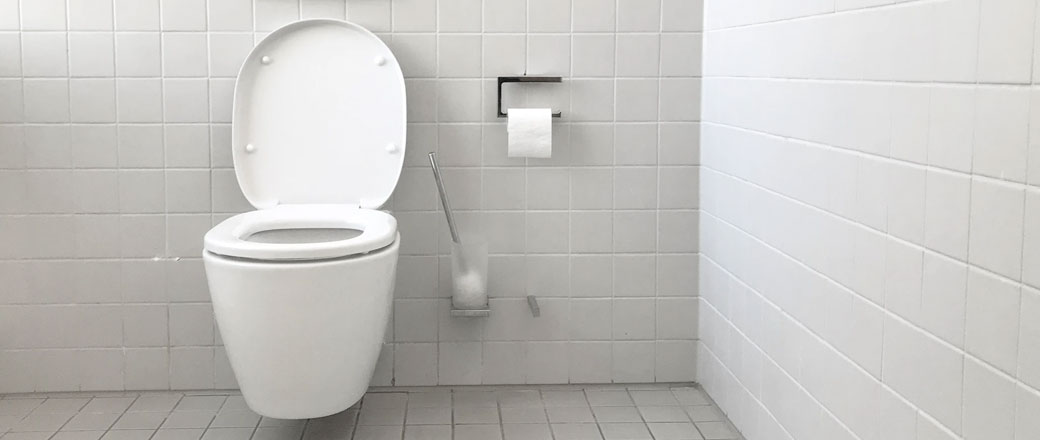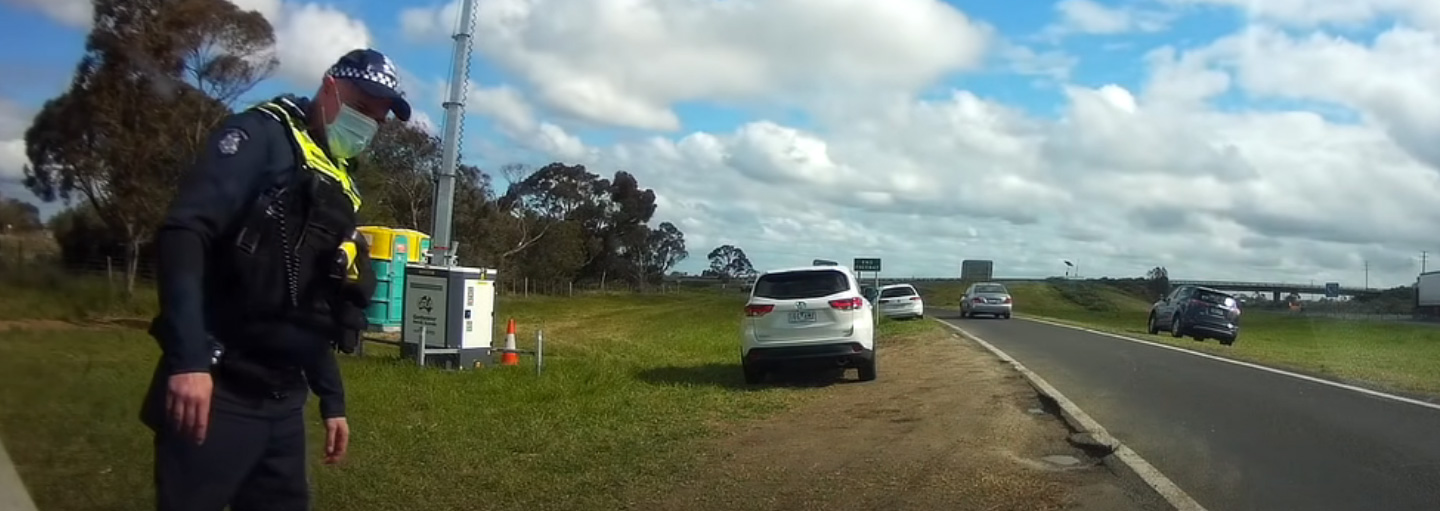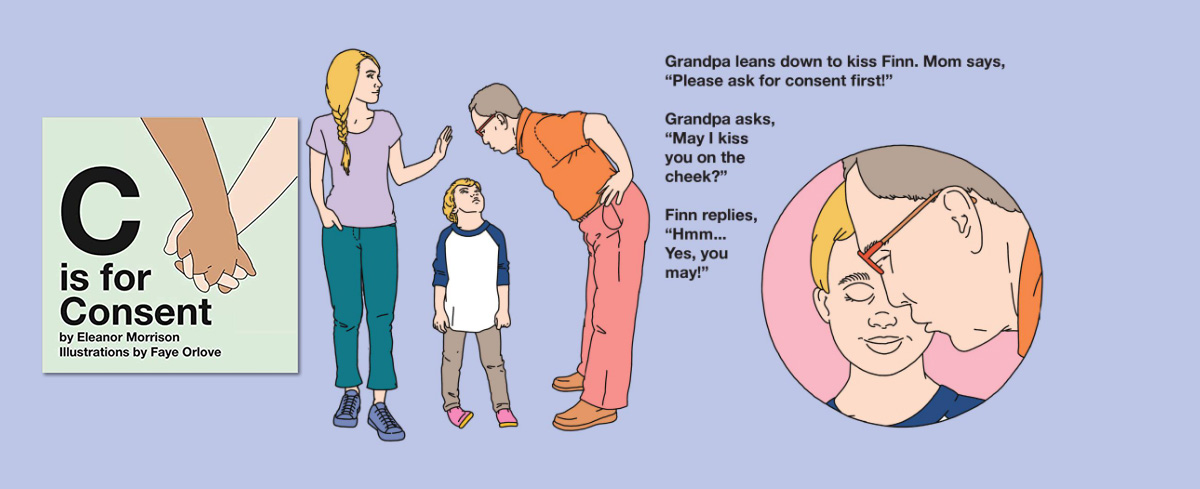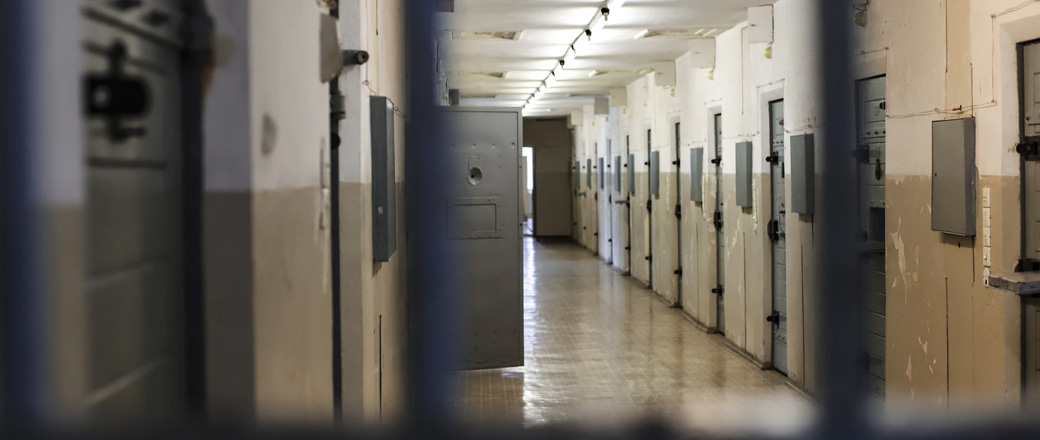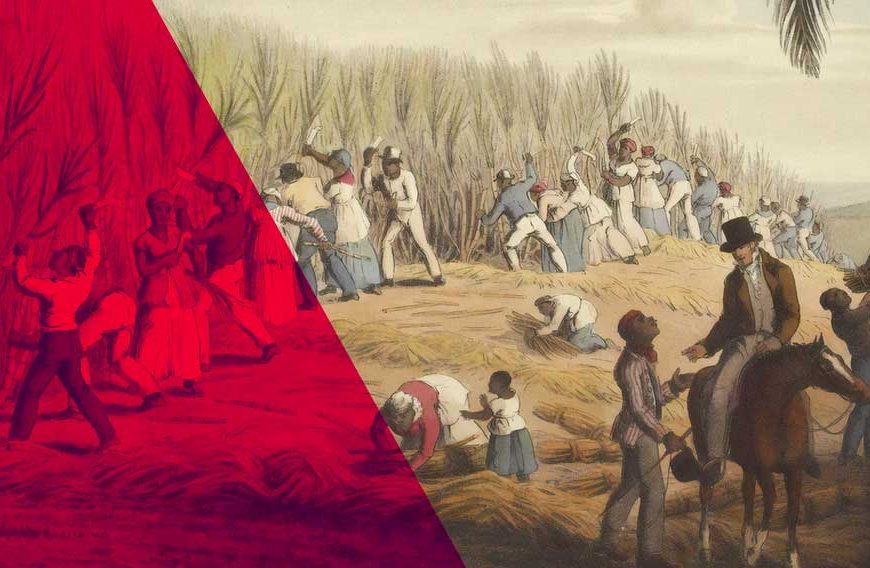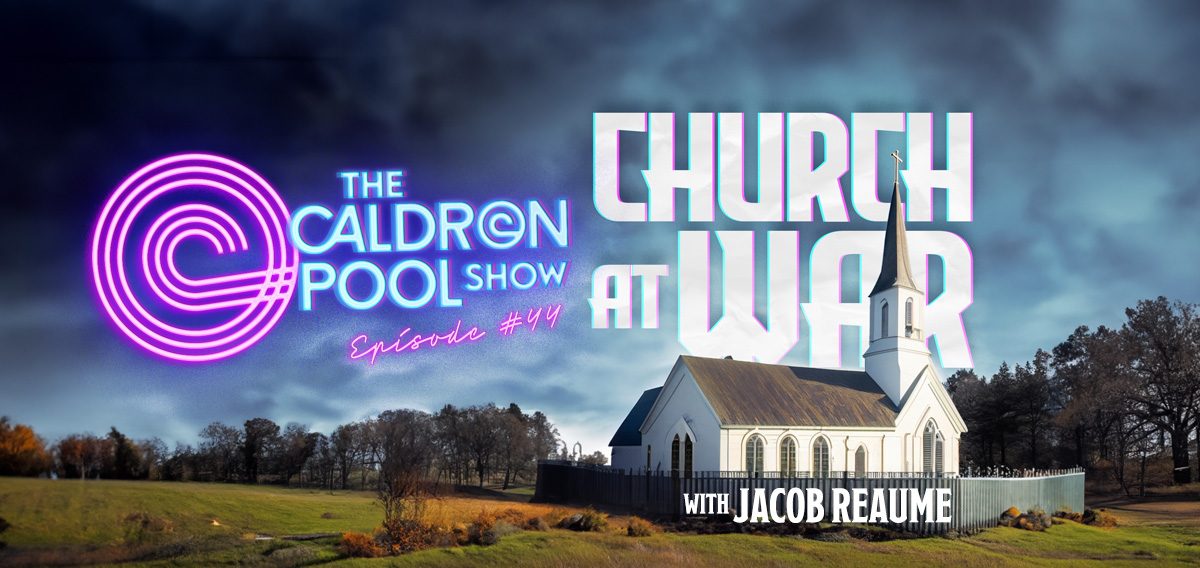The claim that every school is intrinsically religious is hard to grasp at face value. The naked eye sees religious schools adhering to faith commitments and non-religious schools educating within a neutral philosophical landscape.
Neutrality is an attractive option for many; after all, isn’t it better to teach the curriculum without letting the monkey-wrench of theology jam the gears? Can’t we get on with the business of learning about maths, science, and history, without shoehorning in religious claims? That’s not as easy as it seems.
While at the level of 2+3=5, or spelling the word apple, it may be possible to operate with a species of impartiality. However, this sort of learning represents a narrow slice of the educational pie, the rest of the pie being filled with a chunky metaphysical stew.
What is the purpose of learning? What does it mean to be human? How should we treat others? How should we interact with the earth on which we find ourselves? A “neutral” education would have to navigate around these matters and, in doing so, would cease to be much of an education at all.
You don’t need a chapel to be religious
The concept of a neutral school – or a neutral anything, for that matter – is born out of a narrow understanding of religion. If, by religion, one is speaking of priests, chapels, and ceremonies, then of course, there are non-religious schools.
Van Brummelen (1988, p2) argues for an expanded definition, stating that it is possible to “define religion in its broad sense as a system of ardently-held beliefs that undergird your worldview…” These beliefs are the eyes of the mind; you don’t look at them, you look through them at everything else.
As the saying goes, you can’t get anywhere unless you start somewhere. To think yourself in a straight line, you must start from a basic set of philosophical assumptions; these are not argued for, they are argued from. Every institution reasons from a set of assumptions about the world. Every school has a creed, expressed or implied. When teachers, receptionists, and principals get in the car to go to work, they pack their philosophical baggage with them.
“Everyone has a heart commitment to something which is independent of all else, on which all else depends, and which will influence all of his or her choices, attitudes, words, and actions.”
(Greene, 1999, p12)
Neutrality doesn’t exist
As it turns out, government schools do acknowledge a bias. The Melbourne Declaration (Barr et al., 2008), a foundational document within Australia, acknowledges that the goal of education is loftier than simply inserting facts into brains:
“Schools play a vital role in promoting the intellectual, physical, social, emotional, moral, spiritual and aesthetic development and wellbeing of young Australians…”
This creed reveals the breadth of modern education. You can’t titrate an artwork to determine how beautiful it is. There is no mathematical formula to determine how we should act when wronged. Even the untrained eye can trace the branches of morality, spirituality, and aesthetics back to their evident religio-philosophical roots.
This wholistic religious training – understood through the lens of a broad definition of religion – is only gathering speed. Of course, no one is calling it secular religious education. Rather, it has donned thick-rimmed glasses and a fake moustache and goes by the name “values education.” Lovat and Clement (2008) assert the presence of a global resurgence in values education and openly acknowledge its central role in education, stating that the
enterprise of education is intrinsically values laden and therefore is instrumental in the values formation of the student’ (p2)
In education, the words secular, government, and public are not synonymous with neutrality. A public school is every bit as enmeshed in a system of ardently held, worldview-shaping religio-philosophical underpinnings as any religious school out there. It is not neutral because it is not possible to be neutral.
Neutrality doesn’t work
Finally, even if there were a neutral school, you wouldn’t want to send your child there. If a school somehow managed to keep the scope of their curriculum to the “facts”, it would be a disaster. Whether you call it a worldview, a metanarrative, or a religion, a philosophical infrastructure is needed to hold these ‘facts’ together in a cohesive web. Without this, all you have is informational debris flying around the mind of a child. Neil Postman (2011, p7) argued this with his usual pith, stating that
“…without a narrative, life has no meaning. Without meaning, learning has no purpose. Without a purpose, schools are houses of detention, not attention.”
Conclusion
Are all schools religious? Possibly. It depends on the definition in use. Are all schools in the clutches of a deeply held set of not-argued-for-but-argued-from principles? Absolutely. We may well place the neutral school alongside the bigfoot and the cyclops. Perhaps one exists, but it’s never been seen in the wild.
References
Barr, A., Gillard, J., Firth, V., Scrymgour, M., Welford, R., Lomax-Smith, J., … & Constable, E. (2008). Melbourne declaration on educational goals for young Australians. Ministerial Council on Education, Employment, Training and Youth Affairs. PO Box 202 Carlton South Victoria, 3053, Australia.
Greene, A. D. (1999). Introduction. The cause of Christian education (Third edition, pp 11-14).
Lovat, T., & Clement, N. (2008). Quality teaching and values education: Coalescing for effective learning. Journal of moral education, 37(1), 1-16.
Postman, N. (2011). The end of education: Redefining the value of school. Vintage.
Van Brummelen, H. (1988). Walking with God in the classroom. Alta Vista College Press






